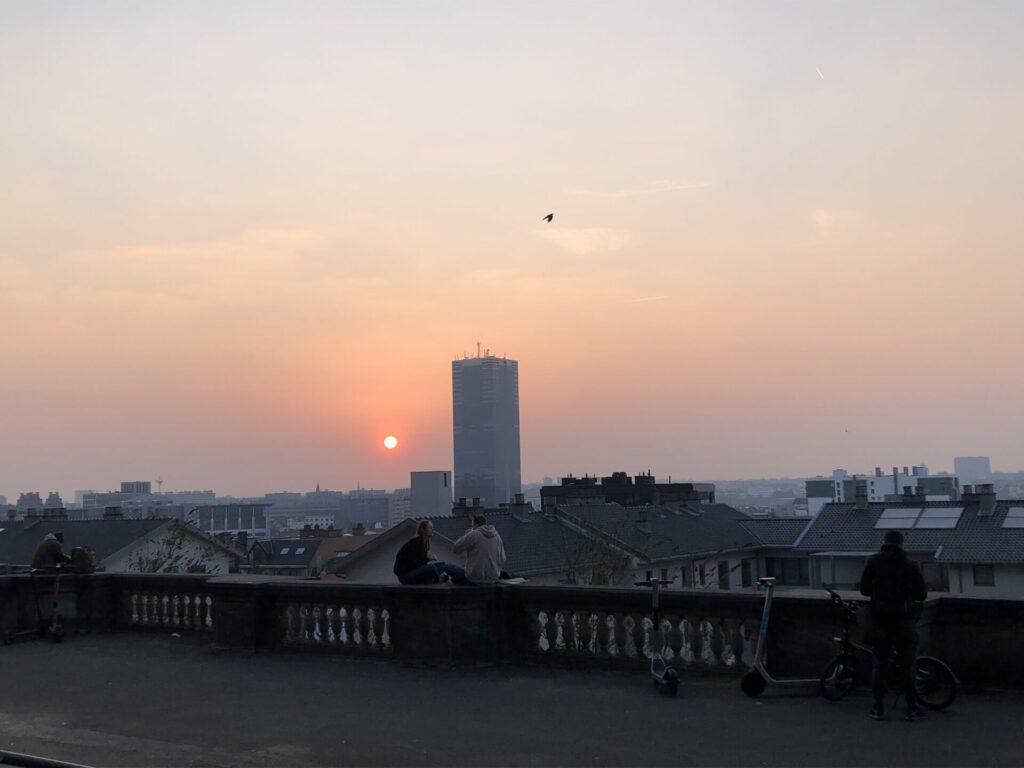Record temperatures, which are set to reach as high as 40°C on 19 July, are having a distinctly negative effect on Belgian air quality. The concentration of ozone, an irritating gas, increased greatly during high temperatures. This gas can exacerbate chronic respiratory symptoms, reduce lung capacity, and cause significant problems for asthma sufferers.
The Interregional Environmental Unit (CELINE) has warned that concentrations of ozone will surpass safe European limits on 18-19 July. Already in Ghent in Flanders, the safety threshold of 180 micrograms per cubic metre was broken on 17 July.
In Wallonia, concentrations of the gas have also reached new highs. 145 micrograms per cubic metre were recorded in Engis, while in Brussels concentrations were highest in the southern Uccle neighbourhood.
“In terms of ozone, there is an alert,” Walloon Health Minister Christie Morreale told RTL Info. “The situation is not great. Here in Brussels, it's very mediocre. That means the air quality is not good.”
As the heat rises over the coming days, air quality is set to deteriorate further. According to CELINE, ozone levels could reach up to 220 mg/m3 when temperatures soar on 19 July.
Related News
- Heatwave: Electricity prices rise along with temperatures
- Belgian rail scraps over 30 trains due to extreme heat on Tuesday
CELINE has officially warned Belgians with sensitivities to pollution, such as children and the elderly, to avoid physical exertion or any form of open-air exercise from 12:00 to 22:00 on 18-19 July. All sustained exercise, such as jogging or outdoor swimming, is strongly discouraged, as this increases exposure to harmful ozone.
The Federal Government has already implemented its “ozone and heatwave plan” in anticipation of the poor air quality. The government will attempt to warn its citizens of incoming spikes in ozone levels, as well as adapt emergency measures to protect residents from high temperatures.
Fortunately, Belgium’s heatwave is set to be short-lived, and with it, poor air quality. By 20 July, when temperatures fall back below 30°C, and with showers expected, air quality should return to safe levels.

